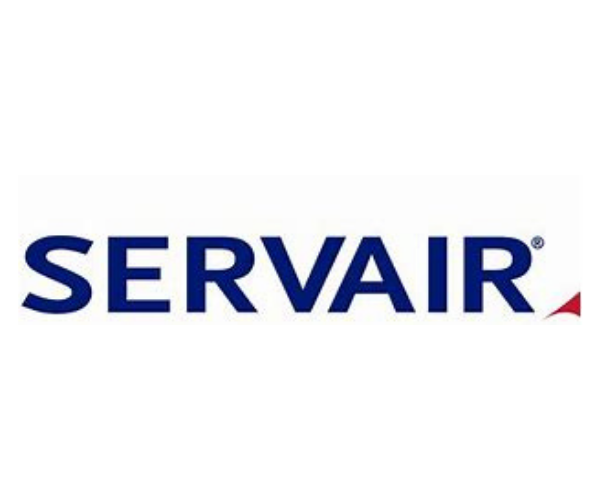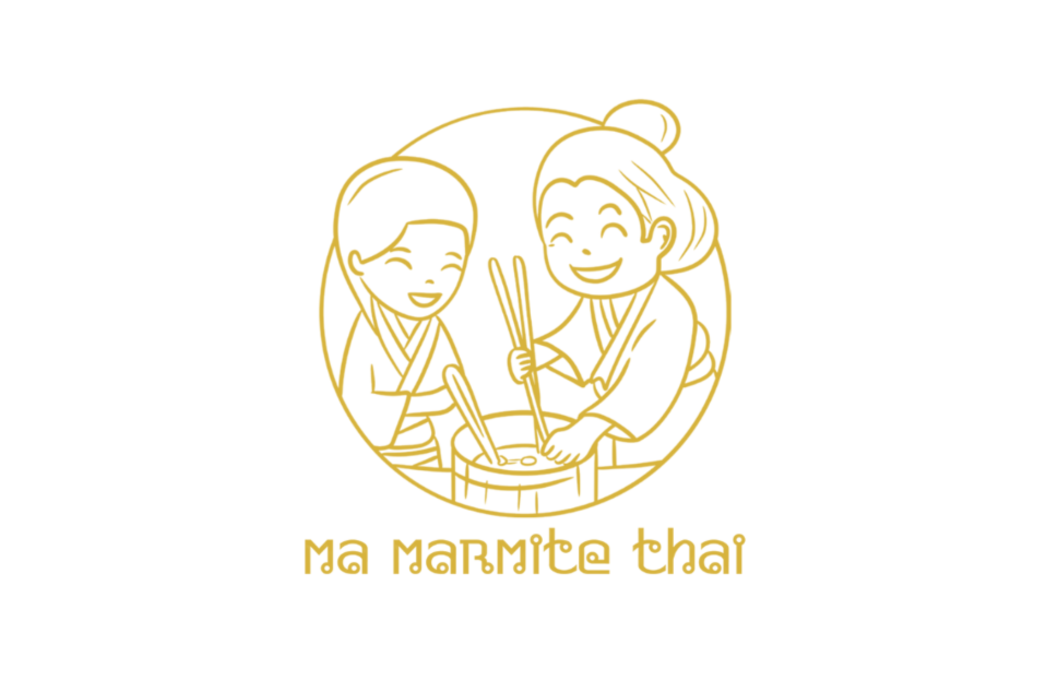Customer testimonials
The CTCPA accompanies SERVAIR in the securing of dishes prepared by the chef François ADAMSKI to be sent on space missions!
28
May

Published on : 28/05/2021
The CTCPA chosen for the security of prepared meals for Thomas Pesquet
Servair, a specialist in airline catering, has been asked by the European Space Agency at the request of Thomas PESQUET to develop a three-course gastronomic menu preserved at room temperature, manufactured and intended for the astronauts of the next Alpha space mission, which will take off in spring 2021. The CTCPA has been chosen by the company to define the preservation processes and to apply them to the productions leaving on the international space station.
What were the specifications?
We had to develop a festive meal (or "bonus food") integrating Thomas PESQUET's culinary preferences, which he could share with the other astronauts of the mission during a convivial meal to introduce them to French gastronomy. Thus, after having widely exchanged with Thomas PESQUET on his tastes, his history and his desires, the SERVAIR corporate chef, François ADAMSKI (Bocuse d'or, Meilleur Ouvrier de France and twice starred), proposed 9 recipes emblematic of French cuisine: 3 starters, 3 main courses and 3 desserts. These dishes had to be traditional, tasty and have a minimum shelf life of 2 years. We chose to sterilize them and to keep them in flexible bags, of the same composition as those validated by NASA. Indeed, in the confined and recycled atmosphere of the station, secondary emissions of potentially toxic gases from the packaging are a major concern. This is called "off-gassing". Obviously, the textures had to be adapted to a specific consumption: thick textures and no crumbs. We also had to respect the nutritional instructions of the mission's doctor, i.e. a limited amount of salt and no alcohol (or very little residual alcohol).
The real challenge was to try to develop a "gastronomic" product with the constraints of heat treatment but also reduced sodium content, all with a "pasty" texture adapted to consumption in zero gravity.
What were the working stages?
Corporate Chef François ADAMSKI has studied the constraints related to food consumption in space missions. The textures must be different and the flavors acceptable to all. In space, the distribution of fluids being different, the notions of taste and disgust evolve. Thomas PESQUET was a great help since he exchanged with the Chef so that he could adapt the recipes to his expectations.
As for the packaging, we have chosen 12.5x21cm aluminium bags that will be heated between two plates. The astronauts have to grab the bag by one end and give a sharp blow to pack the product at the bottom of the bag before opening it.
Which 3 recipes were chosen?
Appetizer : Crunchy and creamy small spelt, melting celery and Truffonnade
Dish : Beef Bourguignon, smoked bacon, mushrooms and glazed onions
Dessert: Crepes flambéed with Grand Marnier and orange zests, Suzette style
Why did you call on the CTCPA?
The CTCPA is the French reference technical center for sterilization. It is recognized by the DGAL for the establishment and validation of heat treatment scales. The CTCPA writes the guide of the good practices of the scales validated by the administration, it carries out many interventions per year on the sterilization scales and participates in several research programs on heat treatments. It seemed obvious to us to turn to the CTCPA. We needed relevant advice and a reassuring guarantee for ESA and NASA.
We called upon the CTCPA to determine the preservation processes with the objective of optimizing the taste and food safety. The CTCPA site of Nantes also accompanied us for the production intended to go on the ISS as well as for the sterilization of the pre-series on the autoclave of the technological hall of the school ONIRIS (National veterinary school, agroalimentary and food).
How did the performance go?
We are very satisfied with the CTCPA service. The teams are very concerned, aware of the stakes and reactive. We appreciated the adaptation to the tight schedule in a period of health crisis.
We first worked remotely with Xavier Devis on the first phase of organoleptic development. We then shared the results obtained through our work with pressure cooker jars. The CTCPA advised us.
The second phase of the development of the scales was entirely taken in charge by the CTCPA. We went to the Amiens site, which allowed us beyond the implementation of the conservation processes ha doc, a general transfer of knowledge on the profession of canning.
The last phase dedicated to the production of pre-series was managed with Catherine Stride at the CTCPA site in Nantes. The mini-series of each recipe were manufactured with the equipment of the ONIRIS school's technological hall, based on the heat treatment scales established by the Amiens site.
What are the next steps?
The products have been shipped and loaded on board the ISS. We are looking forward to the return of Thomas Pesquet and his guests for the festive meal!
Website of Servair UK - Precisely You
Subscribe:
@servair / Twitter
(SERVAIR | LinkedIn
Contacts :
Servair : Pascale Morel - pascale.morel@servair.fr - +33 (0)1 48 16 21 59
Servair : Marjolaine Le Guellec - marjolaine.leguellec@servair.fr - +33 1 74 25 12 76
CTCPA : Xavier Devis - xdevis@ctcpa.org - +33 3 22 53 23 00
CTCPA : Catherine Stride - cstride@ctcpa.org - +33 2 40 40 47 41
One of the foundations of the CTCPA is the preservation and conservation of food over time.
Our European research program makes the CTCPA a major player in food preservation.
For your needs in securing repaired dishes, contact us.






